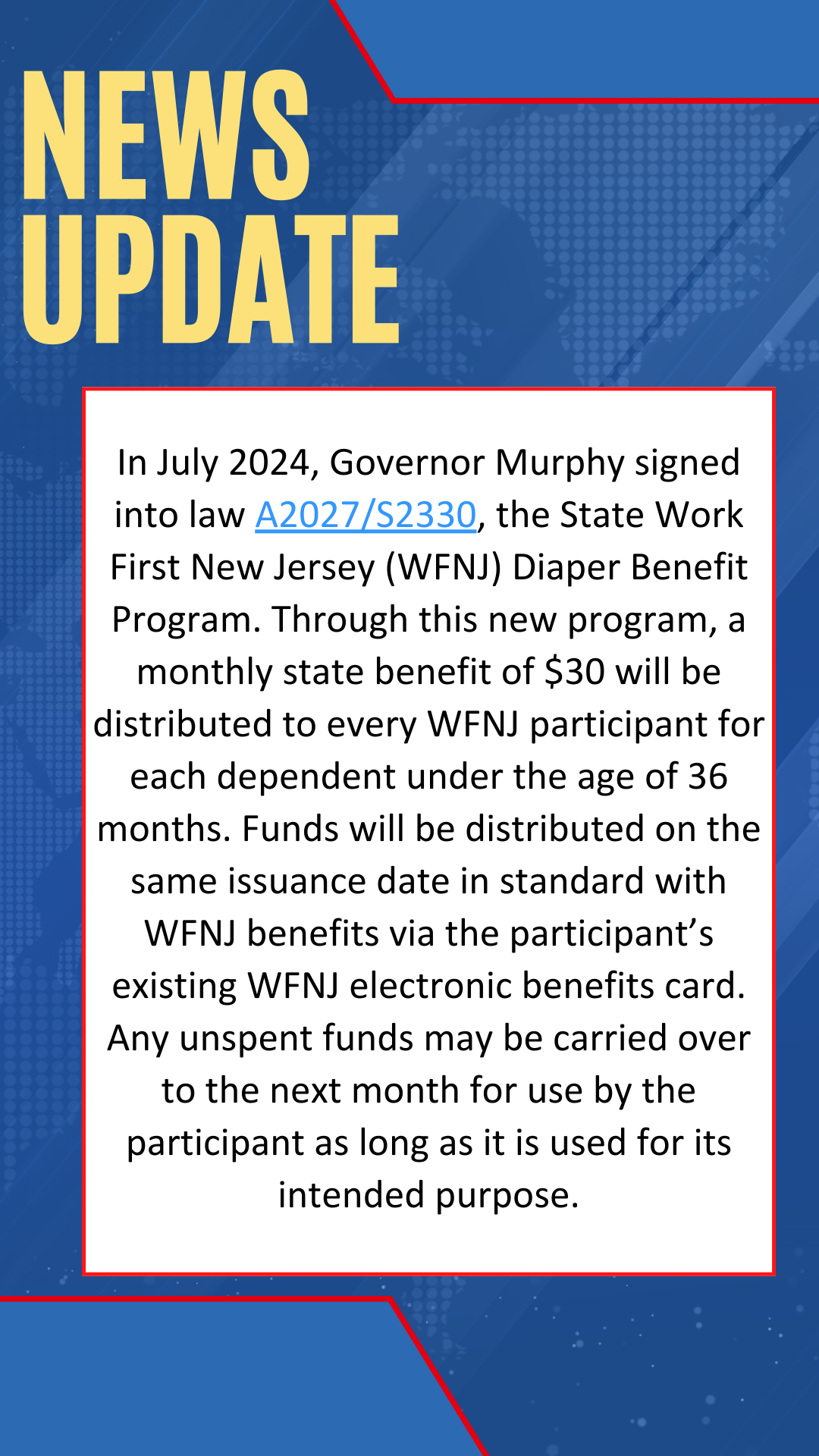As the number of 3- and 4-year-olds attending full-day public preschool continues to grow in New Jersey, Advocates for Children of New Jersey (ACNJ) has been involved at every step, from helping parents and community members bring preK expansion to their districts to encouraging school officials to collaborate with local child care and Head Start programs, to supporting child care providers in their efforts to partner with the district. See toolkit.
ACNJ has strongly advocated for state-funded preschool to be implemented through a “mixed delivery” model of public preschool, Head Start and child care programs. We believe that it is the only way that the maximum number of 3- and 4-year-olds can benefit from this high-quality program. We created a toolkit to help child care providers begin the conversation with eligible school districts to serve children in their community as an extension of the district's preschool program. Last year, ACNJ and its partners also successfully advocated for a clause to be included in the state budget, requiring all eligible districts applying for the funds to show that they were reaching out to child care and Head Start programs in order to identify potential collaborations.
Through our advocacy efforts to address the child care crisis in our state, we have become acutely aware of the unintended consequences that preschool expansion is having on local providers and ultimately on the infants and toddlers that need care in their communities. We’ve heard stories of eligible school districts unwilling to work with providers as well as programs having difficulty meeting the licensing requirements. That is precisely why we’re exploring all avenues to ensure the care continuum for children aged 0 - 5 years is not only maintained but strengthened. The care and education of our youngest members in their local communities are vital to the health and well-being of families across New Jersey, impacting our community and the economy.
We know that tackling the issues within a struggling system is tough, but our determination is unwavering. We’re on the front lines, advocating for the necessary changes to keep our system afloat and thriving. Your support and voice in this cause are incredibly valuable to us as we push forward with our mission. Our Director of Early Learning for Policy and Advocacy, Winifred Smith-Jenkins, would love to connect with local child care providers to learn more about the concerns regarding the impact of preschool expansion. Winifred can be reached at wsmith-jenkins@acnj.org.








